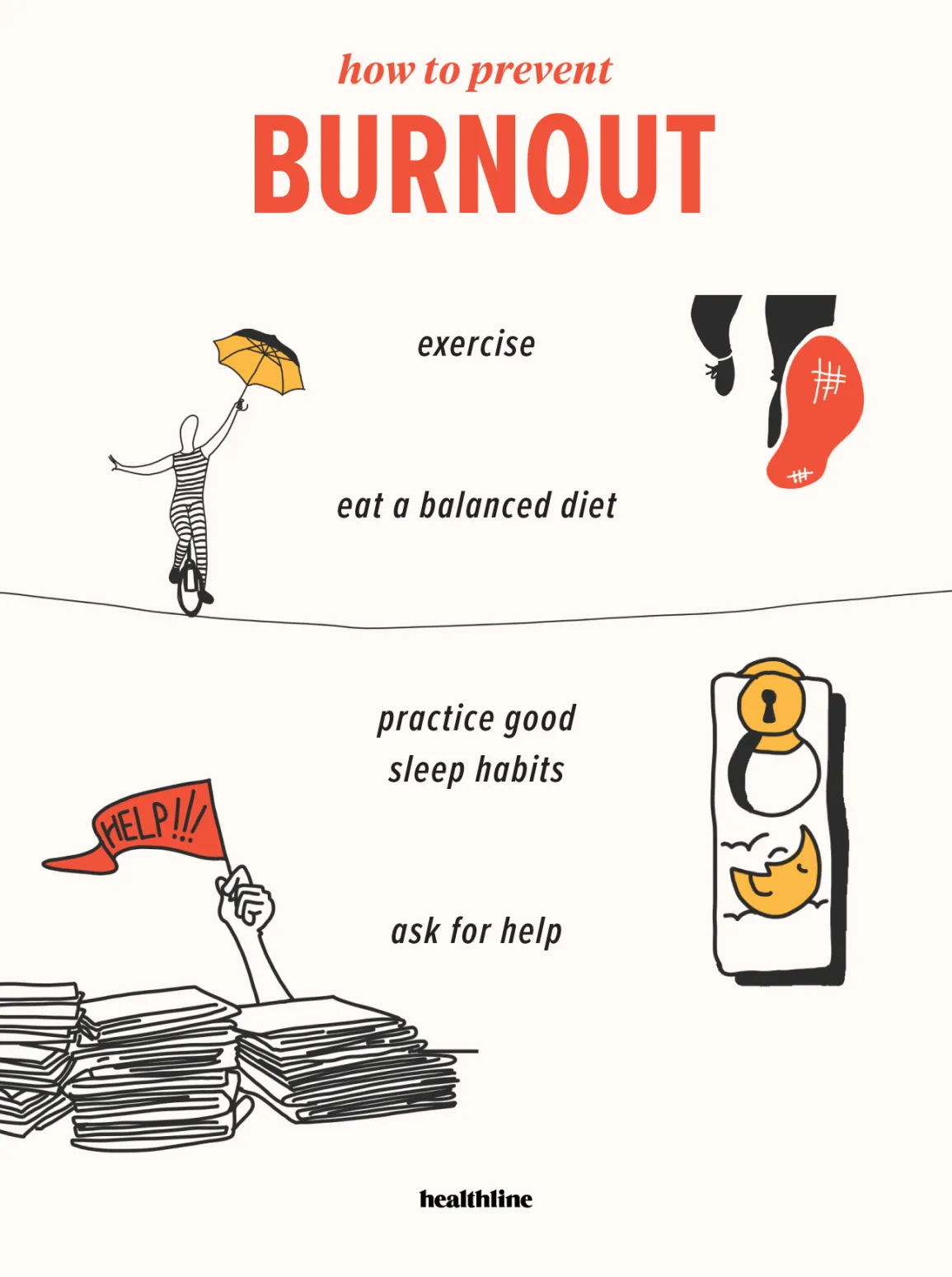The burnout effect refers to the psychological consequences of prolonged, chronic workplace stress. It typically develops as a gradual process and leads to severe mental and physical exhaustion. Burnout is widely recognized as a serious occupational health issue with broad implications for both individuals and organizations.
Key Symptoms of Burnout
-
Emotional exhaustion: A state of feeling drained and fatigued, often without a clear cause, that impacts motivation and resilience.
-
Depersonalization: A sense of detachment or alienation from one’s work or colleagues, often accompanied by cynicism or a loss of empathy.
-
Reduced personal accomplishment: A persistent feeling of underperformance or lack of achievement, even when measurable results suggest otherwise.
Burnout can affect employees at all levels but is especially common in high-demand professions such as healthcare, education, and social work. While external stressors (e.g., workload, lack of control, poor leadership) are primary contributors, internal factors like perfectionism and high self-expectations can exacerbate the condition.
Organizational Impact
Unchecked burnout can lead to:
-
Increased absenteeism
-
High employee turnover
-
Reduced productivity
-
Greater incidence of workplace errors
Many companies now implement preventive measures such as mental health programs, stress management training, workload balancing, and leadership development to mitigate the risk of burnout and support employee well-being
« Back to Glossary Index





![15 Employee Offboarding Templates That Save Hours of HR Time [Free Downloads] 15 Employee Offboarding Templates That Save Hours of HR Time [Free Downloads]](https://i1.wp.com/www.hrcloud.com/hubfs/Header.png?w=150&resize=150,100&ssl=1)
